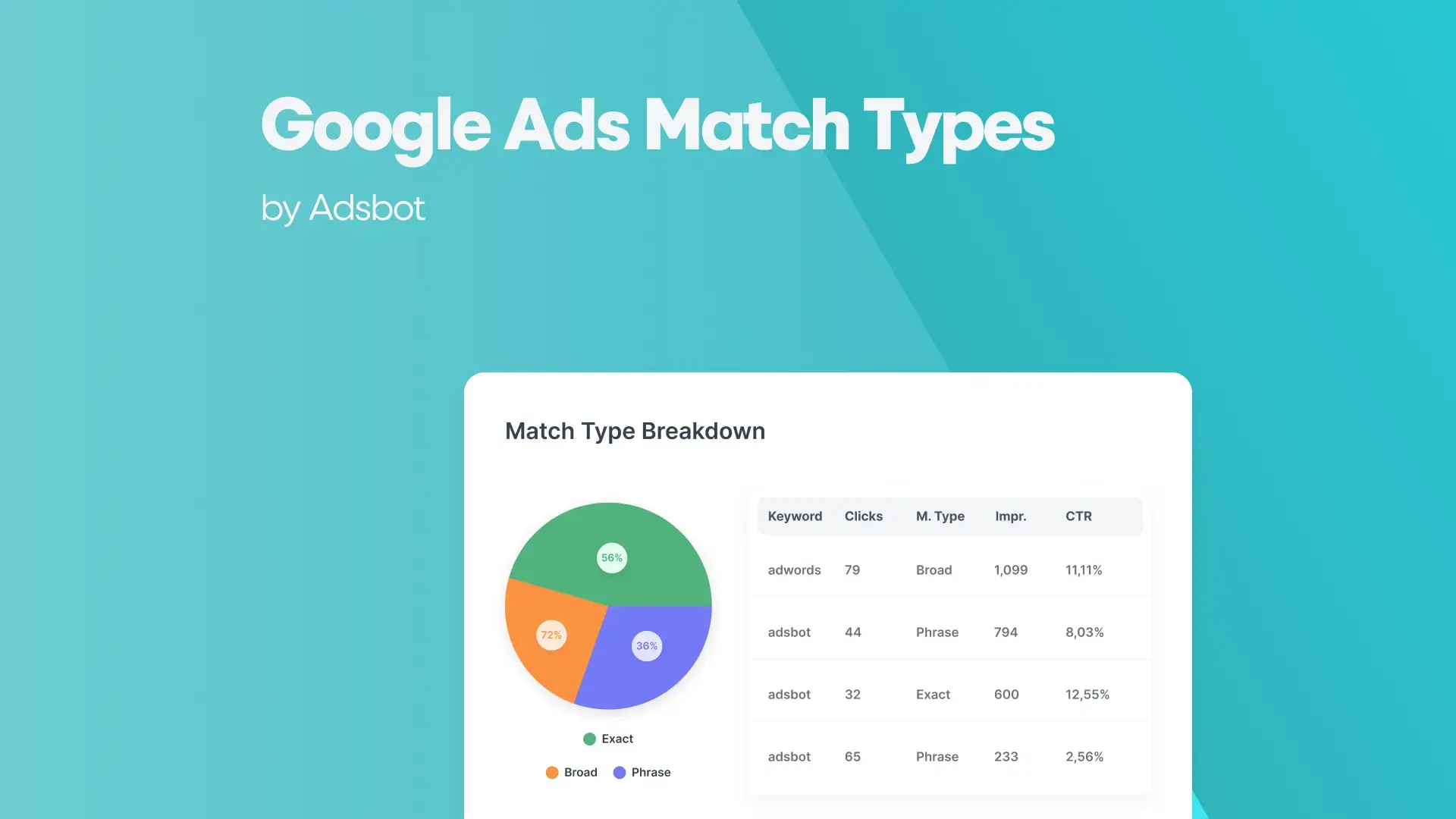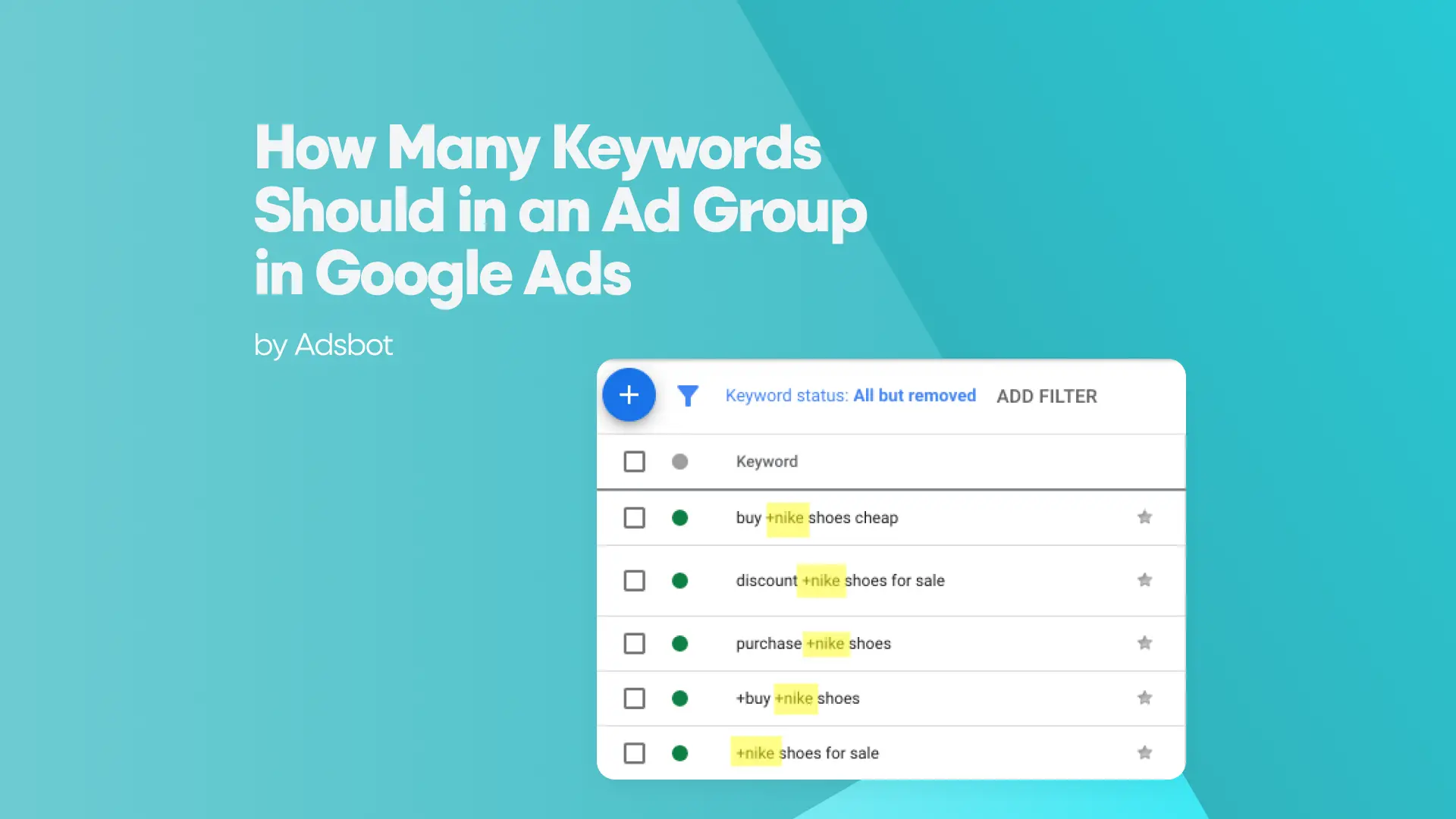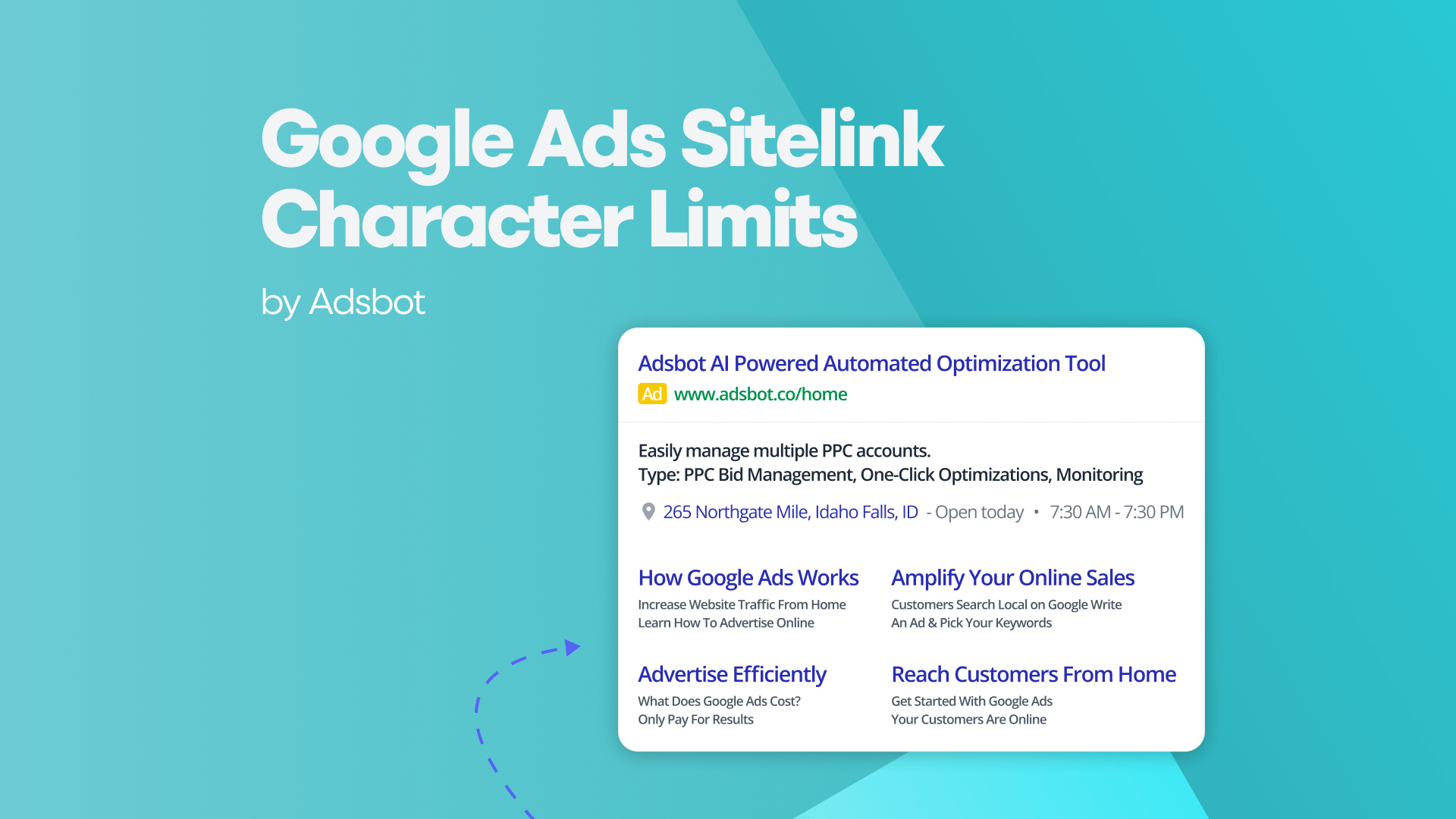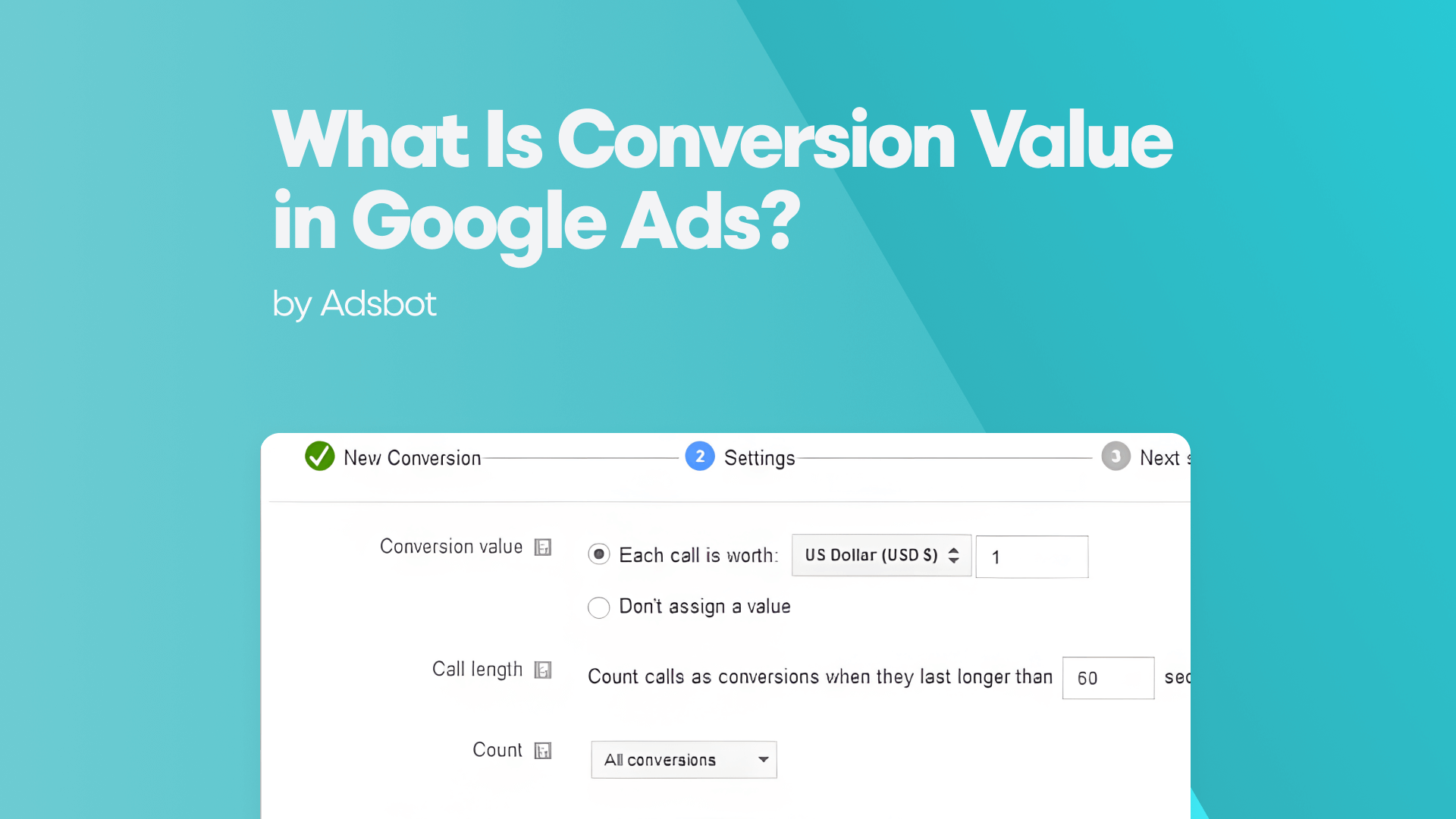If you are curious about google ads match types, you are not alone. It is important, for sure. Understanding the various keyword match types is essential for managing profitable advertising campaigns on Google. Even more, they can boost your ads if you get a nice understanding.
With them, you can manage your ads easily. In this article, we’ll examine the various keyword match types, go through how to utilize them, and explain how they affect the outcomes of your search ad campaigns. Let’s start now!
If you are really new to this stuff, you should first open a Google account to access Google’s marketing tools. A simple Google account will be enough as you won’t need any special account types.
What Are the Keyword Match Types?
Wait, there are different keyword match types? Yes, and they are very important. In order to understand how they work, you should separately know what they do. So, here you go:
Broad match type: In Google Ads, this is the default match type. It’s pretty basic, and can go a long way. It provides for the display of your adverts for queries that contain typos, synonyms, related queries, and other variants. Using the term “running shoes” in a wide match, for instance, may get your ad to appear for queries like “buy sneakers” or “athletic footwear.”
Phrase match type: These match types can be useful too, as they give you some kind of freedom for your word choices. Searches that include the exact phrase or a close version of it will bring up your adverts when using the phrase match type. Although the words’ placement is important, there could be other words before or after the sentence. For instance, if you use the match keyword “red running shoes,” your advertisement may appear for searches such as “buy red running shoes” or “red running shoes on sale.”
Exact match type: As its name implies, exact match makes sure that your ad only appears when the search query precisely matches your term. They are hardcore! Even a slight difference will not match. There may, however, still be very minor differences, such as differing word orders or plural forms So do not stress over small differences. For instance, if you select the exact match keyword “running shoes,” your ad could show up for searches like “running shoes for sale” but not for “best shoes for running.”
How to Use Keyword Match Types?
Now that we’ve talked about what they are, let’s talk about how you can use them. It is not as hard as you might think. We’ll categorize them again the same way to make things easier. Although they are easy to use, the key takeaway here is that you should use them depending on your marketing goals. If you don’t, they won’t work successfully or how you expect them to.
Broad match: Use broad match to get in front of a big audience, learn about how people search, and find fresh keyword opportunities. Be cautious, though, as it could potentially result in clicks that aren’t relevant. Use negative keywords to filter out pointless things.
Phrase match: While still reaching a larger audience than a wide match, it’s similar. This match type allows more control. Include search-intent-driven keywords to draw in more relevant visitors. Regularly check your search terms report to spot any pointless queries and include them as negative keywords.
Exact match: When you want to specifically target particular terms, exact match is appropriate. Although it gives you the most power, it could put boundaries on your options. For extremely relevant and high-converting keywords, exact match is advised.
How Do Match Types Affect Your Search Ad Results?
There are several ways. Your search ad results can be impacted by the type you choose. Broad matches throw a wider net and could be able to reach a bigger audience, but they are less precise. On the other hand, phrase match gives the speaker more control by marginally reducing the audience. On the other hand, exact match offers the maximum level of control but may restrict the reach. What is your favorite? Well, it’s not a case of favorites but a case of need. Depending on what your goal is, you can use all of them. So it is essential to comprehend how they work. If you are not sure about it yet, we have some examples for you to solidify the case.
Keyword Match Types Example
We talked about what they are and how you can use them, but you might still have some questions. So here we will look at some examples we came up with. These examples demonstrate how keyword match types function:
Let’s say you manage a pet business online and want to promote dog beds. The three match types would operate as follows for the keyword “dog beds”:
Broad match: Your advertisement may appear for queries like “comfy dog beds,” “puppy beds,” or “dog mattresses.”
If your ad matches certain search terms, it may show up for queries like “buy dog beds online,” “large dog beds for sale,” or “cheap dog beds.”
Exact match: Only searches that precisely match “dog beds” will cause your advertisement to appear.
In your efforts, keep in mind that combining match types might help you strike a balance between reach and relevance.
FAQ
Why Are Google Ads Match Types Important?
Google’s match types for ads are significant since they provide marketers command over the quality and reach of their campaigns. By selecting the proper match type, you can ensure that your ads are seen to users who are more likely to be interested in your products or services. This improves your ads’ click-through rates, which in turn increases the effectiveness of your campaigns and yields the highest possible return.
How Do I Choose a Keyword Match Type?
Consider your campaign goals and the amount of control you desire over your ad targeting when selecting a keyword match type. Broad match could be appropriate if you want to reach a large audience and collect information about search behavior. Phrase match is a fantastic alternative if you want more control and wish to target particular words. And perfect match is best if you want the greatest amount of control and accuracy. It’s crucial to match the match type you choose to your campaign’s goals and target market.
How Many Keyword Match Types are There?
Broad match, phrase match, and precise match are the three primary forms of keyword match in Google Ads. These match kinds provide varied degrees of control and accuracy, enabling you to tailor your ad targeting in accordance with your advertising objectives. Each sort of match has a particular function and offers varying degrees of reach and relevancy. You may enhance the effectiveness of your campaigns and advertising by understanding the subtleties of each match type.
Popular Posts
-
How Many Keywords Should Be In an Ad Group in Google Ads?
Ever wondered if your Google Ads campaigns are packed with…
Read more -
Google Ads Script for Dummies: An Introduction
Imagine you have an e-commerce website that sells licensed superhero…
Read more -
Google Ads Sitelink Character Limits
Your Google Ads are cutting off in the middle of…
Read more -
What Is Conversion Value in Google Ads?
What if you could put a price tag on every…
Read more
Register for our Free 14-day Trial now!
No credit card required, cancel anytime.





